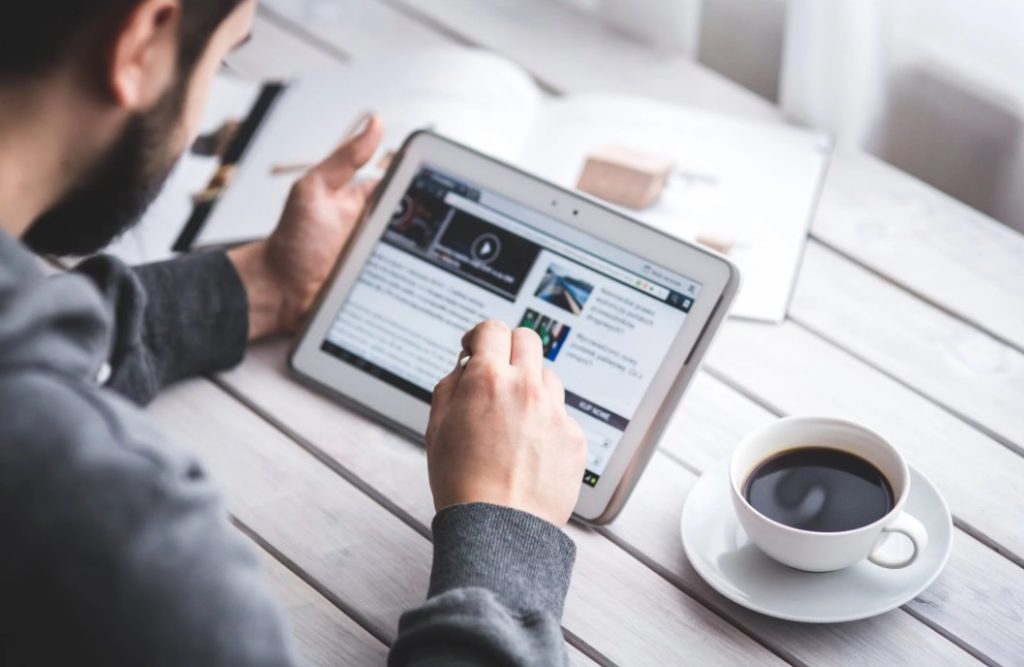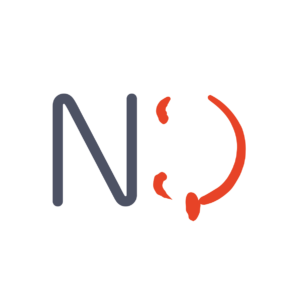It is Monday evening and I am in the Tivoli pop venue (Utrecht) attending a lecture by Rolf Dobelli. Rolf Dobelli is a Swiss businessman and author. Dobelli is visiting the Netherlands to tell more about his new book: The News Diet. His book focuses on the following question: what happens if you don’t follow the news? And so he decided to start his news diet 7 years ago.
How does our body respond to bad news?
Our body is preprogrammed to respond to negative situations. Peter van Drunen writes in his blog that we are inclined to see the negative. In the past, a negative event could mean death, while a positive event was not a matter of life or death. Van Drunen states that we sometimes suffer from this in everyday life: we respond more quickly to negative information.
This is also what happens when we read a negative news message: a small stress response occurs in our brain. You can imagine that when you scroll through a news medium, your brain has to process dozens of news items and several small stress reactions occur. We are more alert when it comes to negative information. We would rather prevent ourselves from feeling bad than focusing on something that makes us feel good. As Van Drunen says, this is also confirmed by Dobelli.
The psychology behind the news
News is perfectly matched to our personality. News is becoming more and more personalized and algorithms understand what you are interested in. It becomes more difficult to get out of this personalized news bubble. There are two psychological processes that play an important role in our attention to news:
- Confirmation bias: we tend to pay more attention to ideas or information that is consistent with our own vision and hypotheses. In fact, we even remember information in such a way that it is in line with our own perspective. For example: if you use vitamin supplements then you will value articles that describe how good vitamin supplements are for you.
- Availability bias: we tend to pay more attention to information that is easy to retrieve. Because certain information is accessible to us, we also attach more value to it. For example: do you notice that you often buy a certain brand of toothpaste? This is probably because you often see advertisements about this brand of toothpaste. Our brains recognize the product and makes us think: this must be good.
These two biases, also called tendencies, also determine what news you are dealing with. You will always find news items that confirm your idea of the world. In addition, you’re probably less into news that brings you more in the long term: we mainly look for what’s up for grabs, such as catchy headlines and breaking news.
What can you do?
Are you feeling like news influences your mood? Just like Dobelli, try following a news diet. The news diet is quite rigorous and contains: don’t read newspapers, don’t watch the news on TV and do not follow news media apps.
Do you find it important to understand the world and to know what is going on? Then Dobelli gives these tips:
- Investigate where your interests lie, read a good book about a specific topic instead of individual news articles. While news media determine what is relevant to you, you decide that now!
- Exchange information with your environment. You will soon find that you know what is going on without having to follow the news. Dobelli even says: “I have more interesting conversations as soon as I say “I no longer follow news!”











